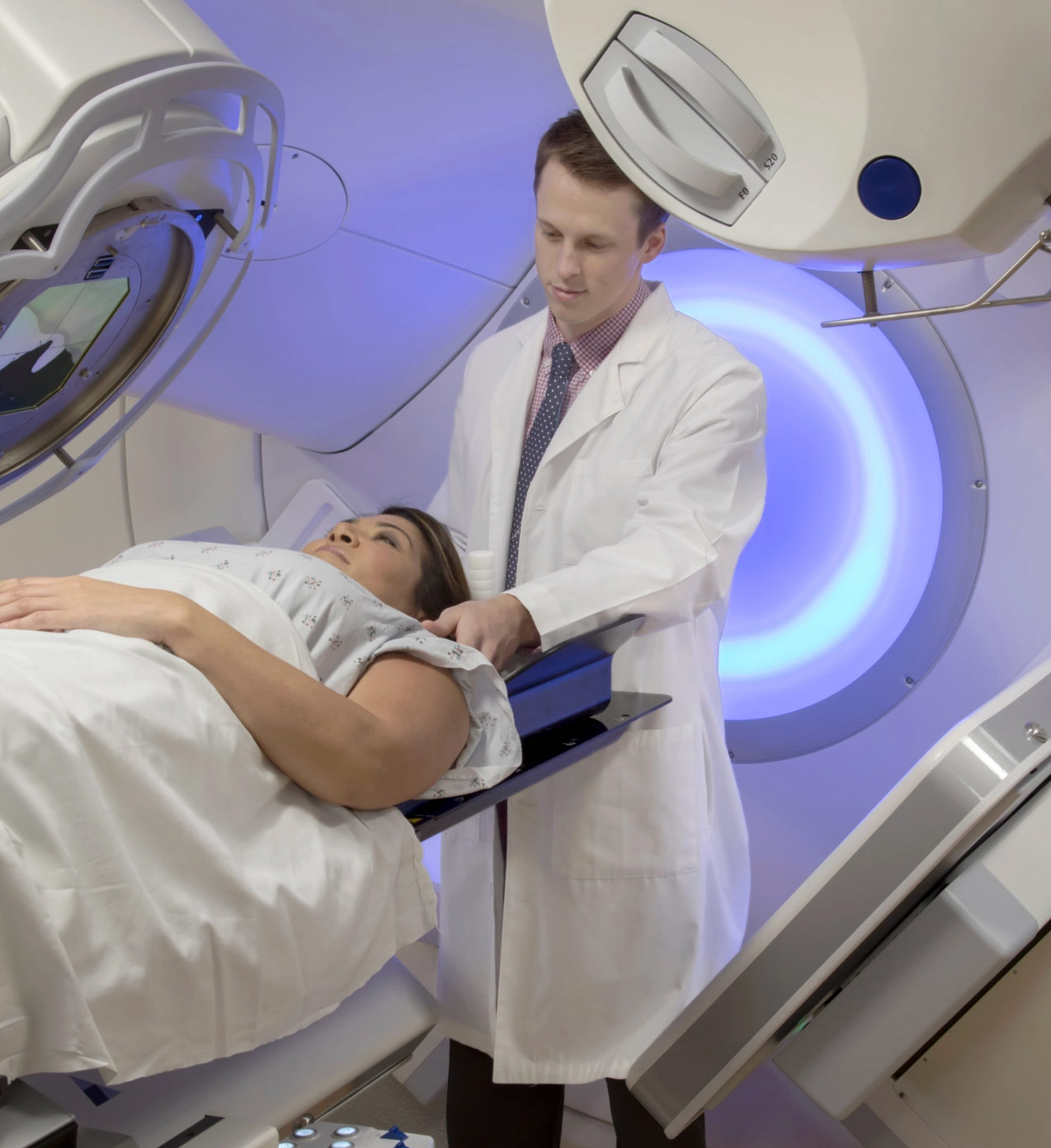Whether prospectively or retrospectively, EORTC also carries research programs addressing specific challenges of modern oncology as well as developing knowledge from the wealth of its databases. Molecular screening programs for access precision medicine studies are now fully integrated in the EORTC infrastructure. Similarly, addressing medical and societal challenges that patients face after the disease has become crucial as our success to control the disease are improving. Clinical research today is a multifaceted discipline where varying programs do support and feed into each other in a comprehensive manner to foster more rapidly knowledge development into therapeutic benefit. EORTC has made the successful transition to integrate such complementarity into its scientific agenda.
Navigate the below tabs to learn more.

01.
SPECTA
Precision oncology is the future of cancer treatment and through the SPECTA platform, EORTC is helping to lead the way.
The pan-European platform powers research that advances the molecular understanding of cancer so that clinicians can selectively target specific patient profiles, leading to ‘best fit’ treatments

02.
E²-RADIATE
The E²-RADIatE platform gathers ‘real-world’ data on patients treated with radiation oncology in Europe.
The platform represents a unique collaboration between the EORTC and the European Society for Radiotherapy and Oncology (ESTRO) to build collective knowledge on how treatments impact patient survival and quality of life.

03.
RECIST
RECIST (Response Evaluation Criteria in Solid Tumours) provides a simple and pragmatic methodology to evaluate the activity and efficacy of new cancer therapeutics in solid tumours, using validated and consistent criteria to assess changes in tumour burden. The RECIST Working Group involves EORTC, the US National Cancer Institute (NCI), the Canadian Cancer Trials Group (CCTG), and industry.

